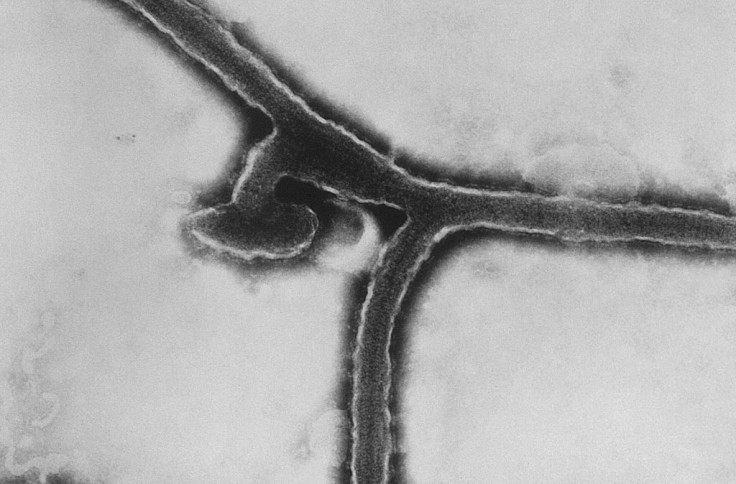The world is recovering from years of dealing with the COVID-19 pandemic and it appears everything is going back to normal. However, a new threat may be on the horizon with reports that French scientists have revived a 48,500-year-old “zombie virus” that was buried in a frozen lake in Russia.
Hence, such has sparked new fears of another pandemic. The study has yet to be peer-reviewed.
"The situation would be much more disastrous in the case of plant, animal, or human diseases caused by the revival of an ancient unknown virus," part of the study read.
The new research was helmed by microbiologist Jean-Marie Alempic from the French National Centre for Scientific Research, Science Alert reported.
It was also added that global warming had a hand in the vast swaths of permafrost. Permanently frozen ground that covers a quarter of the Northern Hemisphere is reportedly irreversibly thawing. Hence, this has raised alarms of potential threats of releasing organic matter that was frozen for up to a million years.
The new strain is one of 13 viruses that were outlined in the study. Each possesses its genome with others having been found everywhere from mammoth fur to the intestines of a Siberian wolf.
“Part of this organic matter also consists of revived cellular microbes (prokaryotes, unicellular eukaryotes) as well as viruses that remained dormant since prehistorical times,” researchers said in the report.
The Pandoravirus yedoma is a 48,500-year-old virus that has a record age for a frozen virus returning to a form where it may infect other creatures. This breaks the previous record of a 30,000-year-old virus identified in Siberia by the same scientists in 2013.
As things stand now, more research is needed to determine these unknown viruses’ level of infectiousness when exposed to light, heat, oxygen, and other outdoor environmental factors.

© 2025 Latin Times. All rights reserved. Do not reproduce without permission.



